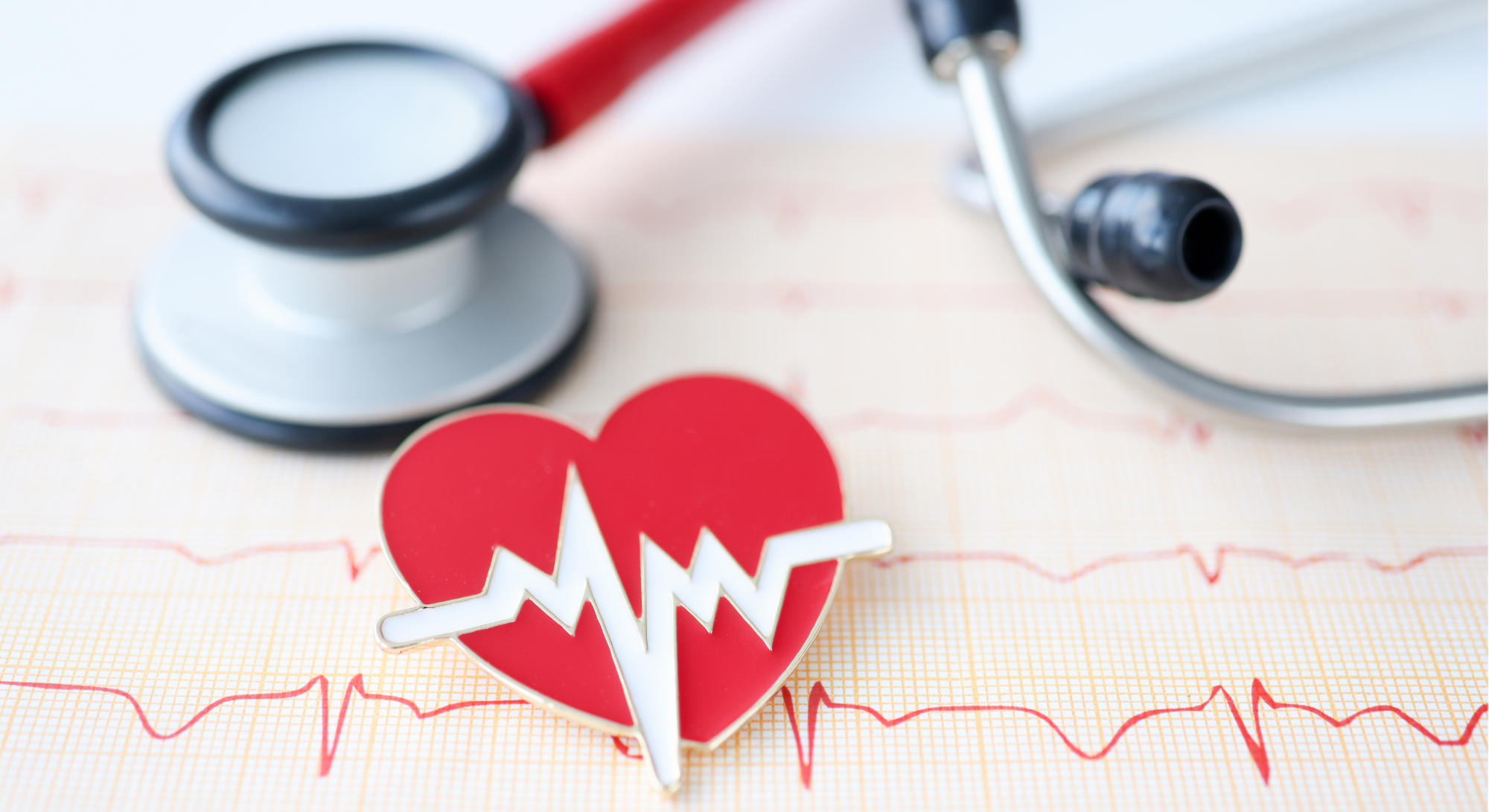As a leading cause of death, heart disease is a growing concern for many individuals. While there are several risk factors that contribute to heart disease, high cholesterol remains a major contributor. This is where Dr. Sanjay Kumar, the best cardiologist in Delhi NCR comes in, as they can help individuals understand the link between high cholesterol and heart disease, and provide guidance on prevention methods.
What is Cholesterol?
Cholesterol is a waxy, fat-like substance that is found in all cells of the body. It plays an essential role in the production of hormones, vitamin D, and the digestion of foods. However, when cholesterol levels are too high, it can be detrimental to one’s health.
There are two main types of cholesterol that individuals should be aware of. High-density lipoprotein (HDL) cholesterol is commonly referred to as “good” cholesterol because it helps to remove low-density lipoprotein (LDL) cholesterol from the body, preventing it from accumulating in the arteries. LDL cholesterol, on the other hand, is often referred to as “bad” cholesterol because it can build up in the walls of arteries and form plaque, ultimately leading to blockages and heart disease.
What is the Link Between High Cholesterol and Heart Disease?
High cholesterol can contribute to several risk factors that can lead to heart disease. First, high LDL cholesterol levels can lead to plaque buildup in the arteries, which can restrict blood flow to the heart and lead to heart attacks or strokes. Additionally, high cholesterol levels can contribute to other risk factors for heart disease, such as high blood pressure and diabetes.
Individuals who are at a higher risk of developing heart disease include those who have a family history of heart disease, have high blood pressure, or have diabetes. Those who lead a sedentary lifestyle, consume a diet high in saturated and trans fats, and have a BMI above 25 are also at an increased risk.
Symptoms of Heart Disease
Heart disease can often develop silently, with no visible symptoms. However, there are some signs and symptoms that individuals should be aware of, including:
- Chest pain or discomfort
- Shortness of breath
- Irregular heartbeats
- Fatigue or weakness
- Swelling in the legs, ankles, or feet
If you experience any of these symptoms, it’s essential to seek medical attention immediately. The best cardiologist in Delhi NCR can help diagnose heart disease and provide personalized treatment options based on one’s medical history, symptoms, and risk factors.
Prevention Methods
Preventing heart disease begins with a healthy lifestyle. A heart-healthy diet, regular exercise, maintaining a healthy weight, and avoiding smoking are all essential to reduce one’s risk of developing heart disease. Eating a diet rich in fruits, vegetables, whole grains, lean proteins, and healthy fats can help lower LDL cholesterol levels and improve heart health. Exercise can help to lower blood pressure, reduce stress, and improve overall heart health.
While lifestyle changes are essential, sometimes they are not enough to lower cholesterol levels. In such cases, medication may be required to lower cholesterol levels to a healthy range. The best cardiologist in Delhi NCR can help determine the best medication and dosage for one’s individual needs.
Final Thoughts
High cholesterol remains a significant risk factor for heart disease, but it is preventable. By making lifestyle changes such as eating a heart-healthy diet
, getting regular exercise, quitting smoking, and managing stress, you can reduce your risk of developing high cholesterol and heart disease. It’s also essential to work with a trusted cardiologist who can monitor your cholesterol levels, provide guidance on lifestyle changes, and offer treatment options if necessary.
If you’re in Delhi NCR and looking for the best cardiologist in Delhi, it’s essential to do your research and find someone with extensive experience and a track record of success. Consider factors such as their education and training, patient reviews, and the services they offer.
Ultimately, taking care of your heart health is crucial, and it’s never too early or too late to start making positive changes. By staying informed, working with a trusted healthcare provider, and prioritizing healthy habits, you can reduce your risk of heart disease and enjoy a happier, healthier life.

